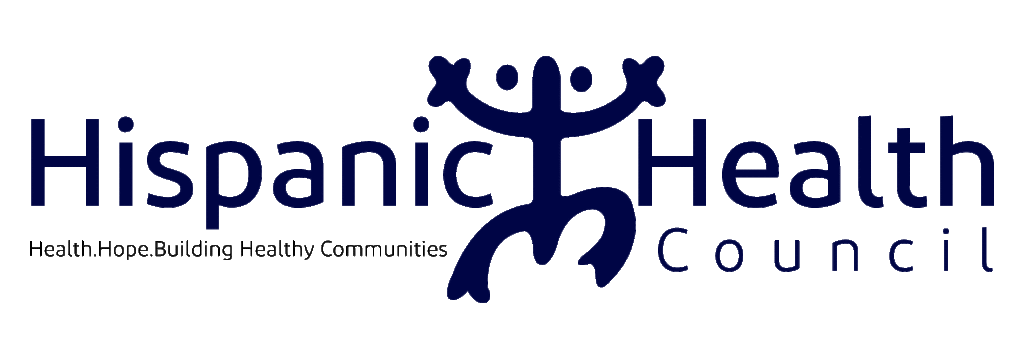Cross Cultural and Diversity Inclusiveness Training Overview
The landmark 2003 Institute of Medicine report Unequal Treatment and annual research conducted since by the Agency for Healthcare Research and Quality indicate disparities in quality of healthcare based on race and ethnicity. Unequal Treatment recommended that cross cultural education be provided for current and future healthcare professionals, and that the training be designed to improve knowledge, attitudes/awareness and skills. Cross Cultural & Diversity Inclusiveness (CC&DI) is a signature program of the Hispanic Health Council. The goal of CC&DI is to establish the foundation of knowledge, attitudes, and skills needed to interact effectively with clients of diverse backgrounds.
CC&DI’s training approach is highly participatory, and utilizes a variety of training methods, selected for their effectiveness in teaching about specific topics and facilitating the development of specific skills. Due to the highly participatory nature of the training, group size for in-person training is limited to 25 participants.
The Hispanic Health Council has trained over 5,000 providers, students and faculty in healthcare, public health, social work, community health worker disciplines, among others.
Training Strategies
• Describe a clear conceptual framework of cultural, organizational, and structural competence.
• Identify racial and ethnic inequities, and the importance of cultural competence and structural competency in eliminating these inequities.
• Recognize the pervasive and negative impact that stereotyping, blaming the victim, microaggressions and the existence of white privilege generate.
• Identify, assess and plan to address personal stereotypes and biases, tendency to blame the victim and commit microaggressions.
• Describe how oppression and internalized oppression create barriers to successful personal and professional development, including pursuing valuable opportunities.
• Describe the role of an ally and an advocate in addressing issues of discrimination, bias, and exclusion.
• Demonstrate active listening, assertive communication, and cultural brokering skills and identify how they contribute to successful teaching, mentorship, and inclusion in academic work.
• Develop an action plan for continued progress in expanding awareness, knowledge, and skills related to cultural competence and structural competency.
For training information, please contact 860-527-0856.

